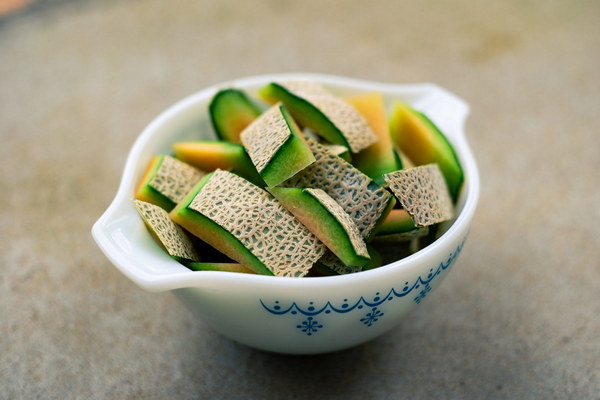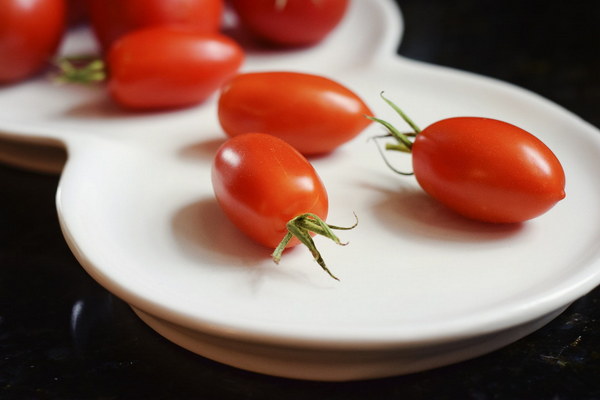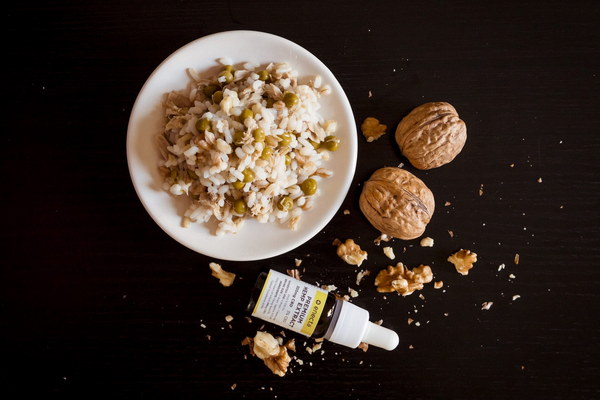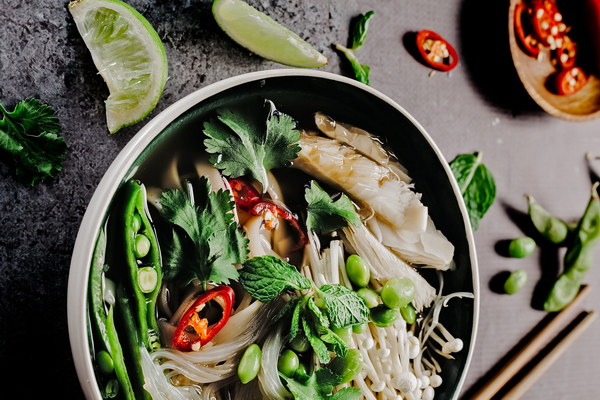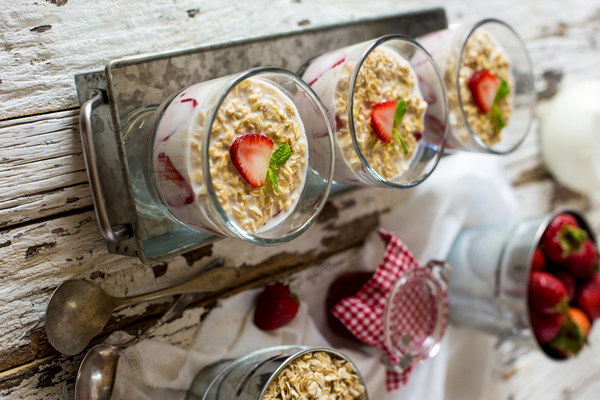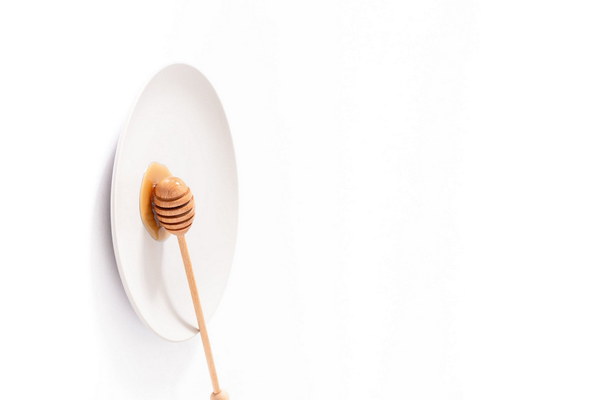Nurturing Your Health A Comprehensive Guide to Treating Dampness in the Body
Introduction:
Dampness in the body is a common issue that affects many individuals. It refers to an excess of moisture in the body, which can lead to various health problems. In traditional Chinese medicine, dampness is considered an imbalance in the body's yin and yang, leading to discomfort and illness. This article aims to provide a comprehensive guide on how to treat dampness in the body, focusing on diet, lifestyle, and herbal remedies.
1. Understanding Dampness in the Body:
Dampness occurs when the body's organs and systems are unable to eliminate excess moisture effectively. This can be caused by factors such as poor diet, excessive consumption of cold or damp foods, lack of exercise, and environmental factors like living in a humid climate.
2. Signs and Symptoms of Dampness:

The presence of dampness in the body can manifest in various ways, including:
- Fatigue and lack of energy
- Weight gain and water retention
- Mucus production, such as a runny nose or sinus congestion
- Poor digestion, bloating, and constipation
- Joint pain and muscle aches
- Excessive perspiration, especially in the armpits and groin
- Pale, puffy, or greasy-looking skin
3. Diet and Nutrition:
A balanced diet is crucial in treating dampness in the body. The following tips can help:
- Avoid cold, raw, and damp foods, such as ice cream, salads, and raw fruits and vegetables.
- Increase the consumption of warm, cooked foods, such as soups, stews, and steamed vegetables.
- Focus on foods that have diuretic properties, such as asparagus, artichokes, and dandelion greens.
- Include foods that support the liver and spleen, such as leeks, garlic, ginger, and turmeric.
- Limit the intake of sugary, processed, and fatty foods, as they can contribute to dampness.
4. Lifestyle Changes:
Incorporating healthy lifestyle habits can help alleviate dampness in the body:
- Regular exercise, such as walking, jogging, or yoga, can improve circulation and aid in the elimination of excess moisture.
- Practice deep breathing exercises to enhance lung function and promote the expulsion of dampness.
- Get plenty of rest and sleep to allow the body to repair and balance itself.
- Avoid exposure to damp and cold environments, and dress warmly during cold weather.
5. Herbal Remedies:
Herbal remedies can be effective in treating dampness in the body. Some common herbs include:
- Astragalus: A powerful immune-boosting herb that helps to expel dampness and strengthen the body.
- Cinnamon: Known for its warming properties, cinnamon can help to eliminate dampness and improve digestion.
- Dandelion: A diuretic herb that promotes the elimination of excess moisture from the body.
- Licorice: Known for its anti-inflammatory properties, licorice can help to alleviate joint pain and muscle aches caused by dampness.
Conclusion:
Treating dampness in the body requires a holistic approach, focusing on diet, lifestyle, and herbal remedies. By implementing these strategies, individuals can effectively reduce dampness and improve their overall health and well-being. It's essential to consult with a healthcare professional or a qualified practitioner to tailor these recommendations to your specific needs.

